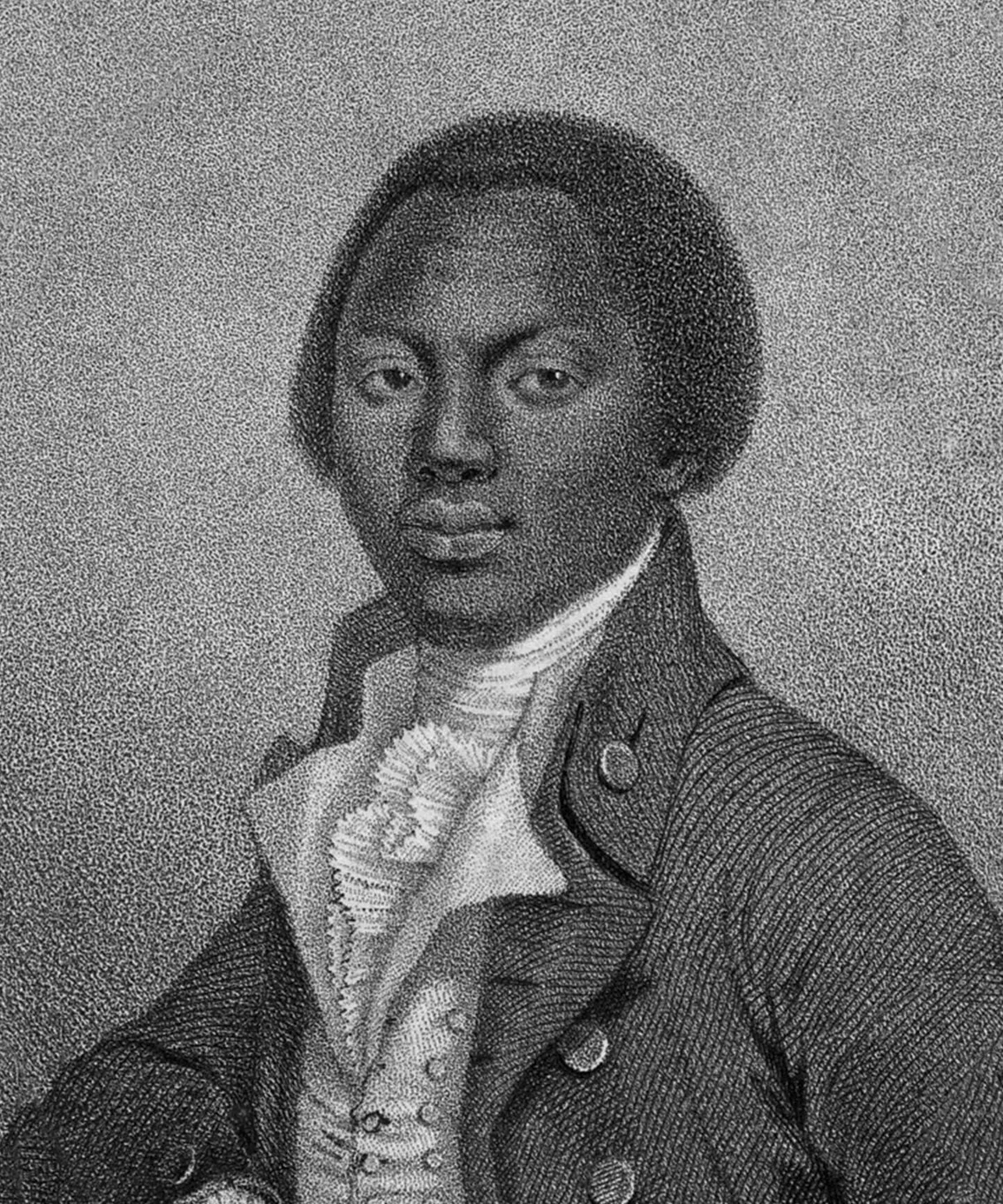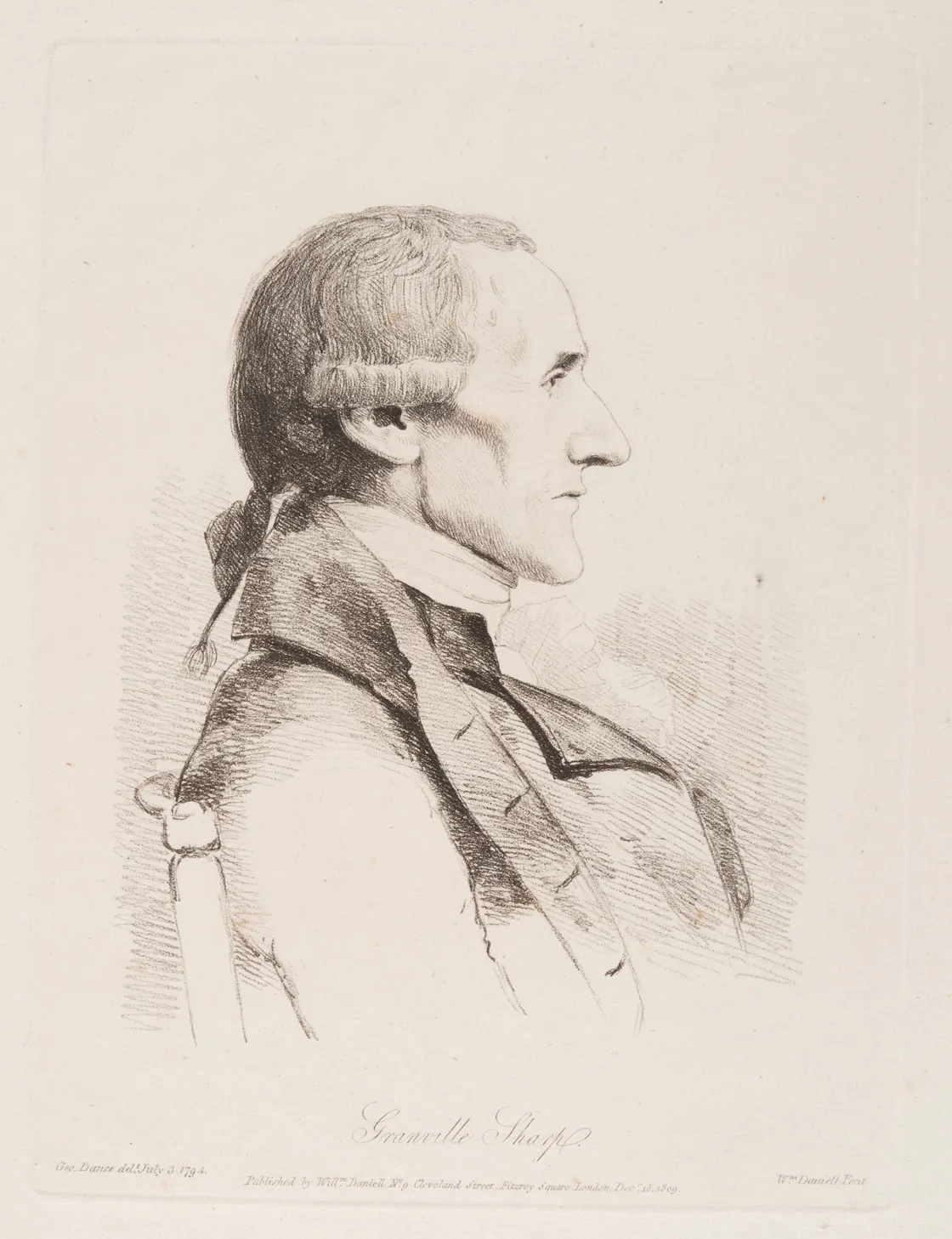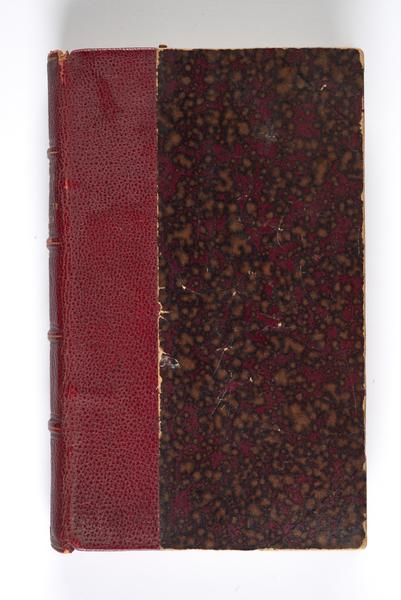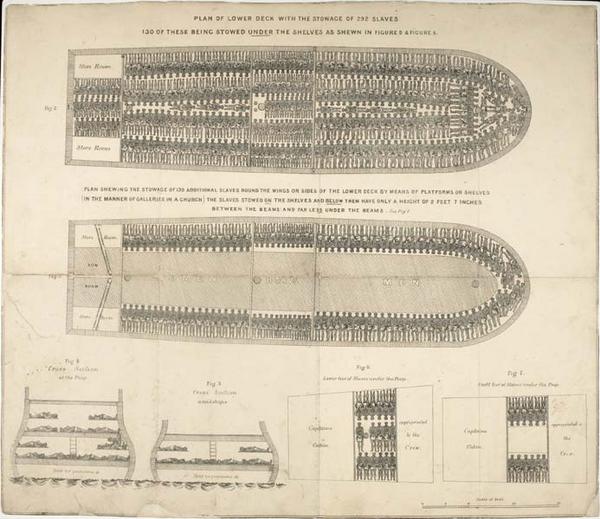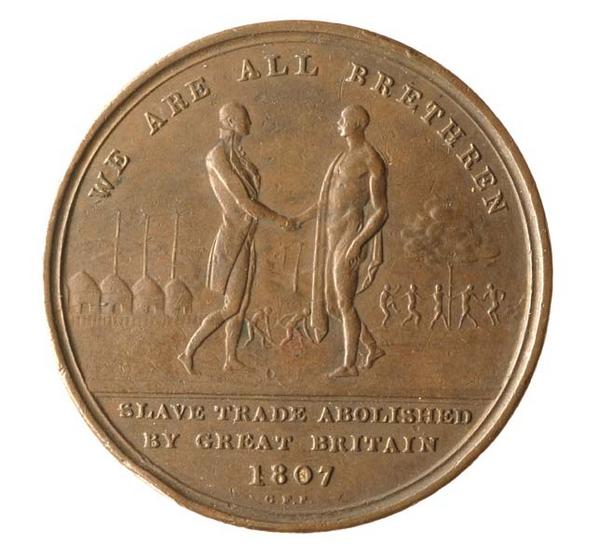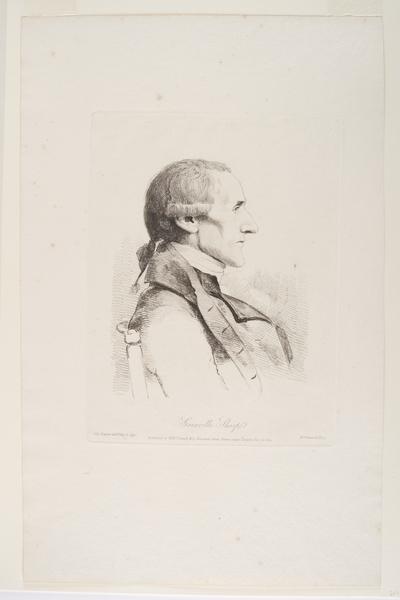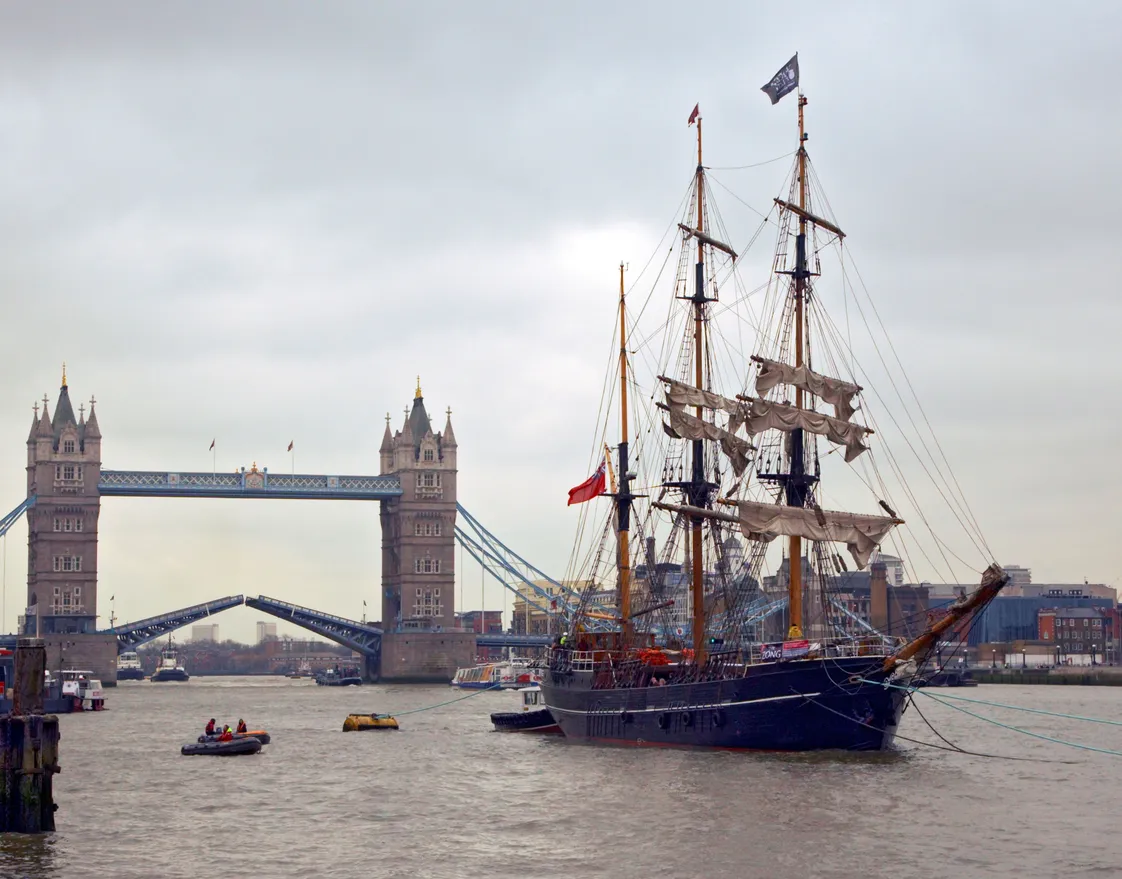Olaudah Equiano: Writer & abolitionist
A key voice in dismantling the British trade in enslaved Africans, Olaudah Equiano was a freed enslaved man whose autobiography galvanised the early abolitionist movement.
Around 1745 – 31 March 1797
One of London’s most important abolitionists
Olaudah Equiano was a powerful voice in the British abolitionist movement. For much of his life as a free man, he was based in London. And it was here where he wrote and spoke widely on the plight of enslaved people and the moral issues of slavery.
His autobiography, The Interesting Narrative of the Life of Olaudah Equiano, was one of the key texts that drove the campaign for the liberation of enslaved people in the British empire. He told the story of his own enslavement and exposed the horrors and moral issues of slavery to the reading public. It became a British best-seller.
‘The Interesting Narrative of the Life of Olaudah Equiano’
Equiano first published his autobiography in Fitzrovia, London, on 24 March 1789. It was registered at Stationers’ Hall, near St. Paul’s Cathedral in the City of London.
The book’s full title, The Interesting Narrative of the Life of Olaudah Equiano, or Gustavus Vassa, the African, Written by Himself, references the name that was forced on him by enslaver Michael Pascal in 1754: Gustavus Vassa. He was known by this name for the rest of his life.
Written when he was in his mid-40s, Equiano’s book looks back at his life in great detail. He writes about being kidnapped from his birthplace of Essaka (now southern Nigeria) aged 11, the horrors of the Middle Passage across the Atlantic and his experiences of enslavement. He also reflects on the Caribbean plantation system, and what he witnessed in slavery in both the Caribbean and his homeland.
The book then recounts the story of his freedom, which he purchased from one of his enslavers Robert King in 1766 for £40 (around £7,000 today). Equiano later travelled the world working on ships in Europe, the Caribbean and even the Arctic.
He also explores his conversion to Christianity, and he was baptised at St. Margaret’s Church in Westminster in 1759.
The importance of Equiano’s autobiography
The Interesting Narrative was a vivid first-hand testimony of enslavement and freedom. It became a best-seller. The book was republished eight times in his lifetime and a further six in the few decades after his death. A third edition from 1790 is in our collection.
Some historians have questioned the truthfulness of his life accounts, particularly that he might have been born in America instead of Africa. But this doesn’t detract from the vital importance of the book in communicating the true nature of slavery to the British reading public.
“I hope the slave trade will be abolished. I pray it may be an event at hand”
Olaudah Equiano, 'The Interesting Narrative of Olaudah Equiano'
Equiano’s autobiography was one of the key texts that drove the campaign for the abolition of the British trade in enslaved Africans. It appealed to the compassion of its reader. “Tortures, murder, and every other imaginable barbarity and iniquity, are practised upon the poor slaves with impunity,” he wrote. “I hope the slave trade will be abolished. I pray it may be an event at hand.”
And it also appealed to their capitalist self-interest: “A commercial intercourse with Africa opens an inexhaustible source of wealth to the manufacturing interests of Great Britain, and to all which the slave trade is an objection.”
A key member of the abolitionist movement
The Interesting Narrative was not by any means his only contribution to the movement. Equiano was a prolific writer, speaker and campaigner who travelled across the country to present the case for abolishing slavery.
He co-founded Sons of Africa, an organisation of Black abolitionists based in London, with abolitionist Ottobah Cugoano. The group brought the brutality of the slave trade further into the public consciousness by publishing letters in British newspapers, holding public meetings and engaging with members of Parliament.
Equiano also made many friends and supporters within the abolitionist movement, including Granville Sharp, who fought against the British trade in enslaved Africans in the courts.
Equiano and Sharp worked together to publicise the massacre of over 130 enslaved African people thrown overboard the Zong ship in 1781. The reports built momentum for the abolitionist movement.
Equiano didn’t see slavery abolished in his lifetime. He died in London on 31 March 1797 – 10 years before the first law to abolish the British trade in enslaved Africans was passed. But Equiano’s tireless campaigning, and his gifts with the written and spoken word, contributed significantly to this struggle.


